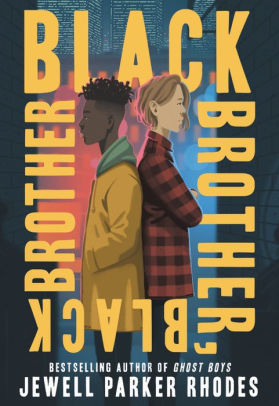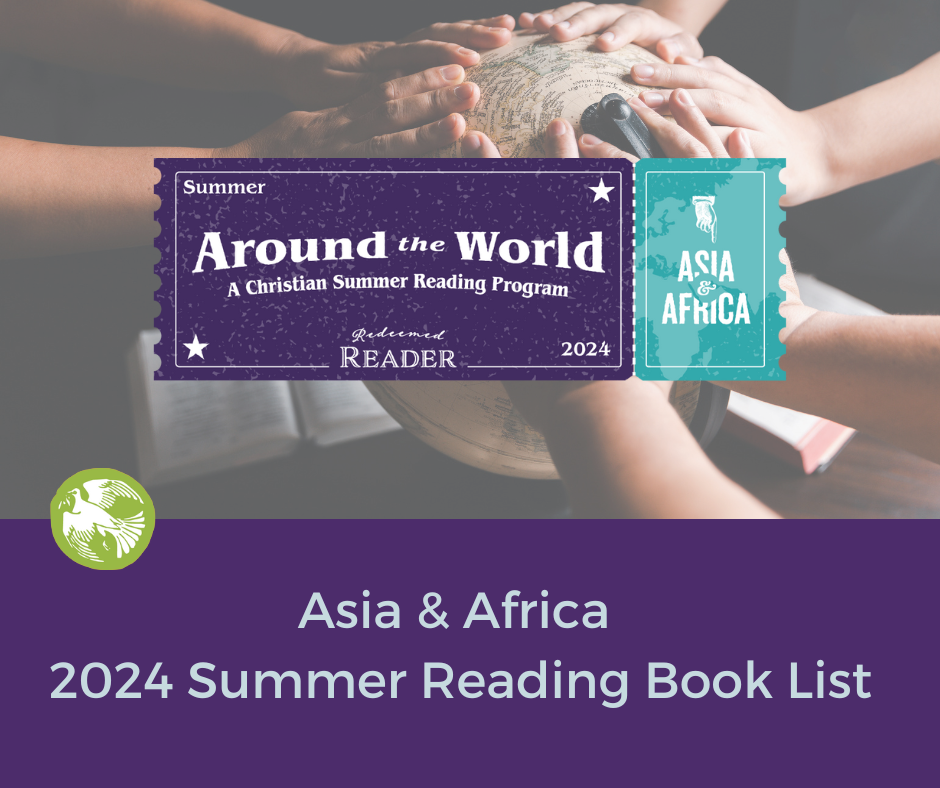Donte, the “Black Brother” of a biracial family, must decide if his identity will be based on his color or on his character.
Black Brother, Black Brother by Jewel Parker Rhodes. Little, Brown, 2020, 233 pages

Reading Level: Middle Grades, ages 10-12
Recommended for: ages 10-15
Life was better for Donte in Boston, where the white population was one of many ethnic colors. Now that his biracial parents have moved to the suburbs, the prep school Donte and his older brother Trey attend is even whiter than their neighborhood. Olive-skinned Trey fits in: he aces his classes and stars in basketball. Donte not only sticks out but is also labeled a troublemaker because of his darker shade. To make it worse, Alan, the hotshot star of the fencing team, makes it his mission to taunt both brothers, especially Donte, at every turn. It’s because of Alan that Donte makes the acquaintance of the police and could even face time in juvvie. That forces a decision on him: he could go down the path almost everybody at Middlefield Prep expects him to take. Or . . . he could try to beat Alan at his own game.
Donte has a strong, loving family: white father, black mother, supportive brother. They have his back, but Donte has to decide for himself if he’s going to let color define him—or rather, if he’s going to let a bigot’s view of color do the defining. Though painfully aware, and made more aware, of his country’s sad racist history, he learns to locate his identity in family and friendship, not color alone. “I know who I am—Donte Ellison, son of William and Denise Ellison, brother of Trey Ellison . . . Me.” What matters is that he is seen and evaluated as himself, and that’s the real championship.
The stream-of-consciousness, first-person narrative style sometimes becomes a bit distracting, but this is an uplifting, family-positive story (in which we learn quite a bit about fencing!).
Overall Rating: 4 (out of 5)
- Worldview/moral value: 3.75
- Artistic/literary value: 4.25
Also at Redeemed Reader:
We’ve also reviewed these novels by by Jewel Parker Rhodes: the Reconstruction novel Sugar and Towers Falling, a multi-perspective novel about September 11.
Black Brother is a fine example of a protagonist finding his identity challenged and shaped by sports. For more examples, see list of Sports Books that Pack a Punch!
We are participants in the Amazon LLC affiliate program; purchases you make through affiliate links like the one below may earn us a commission. Read more here.
Stay Up to Date!
Get the information you need to make wise choices about books for your children and teens.
Our weekly newsletter includes our latest reviews, related links from around the web, a featured book list, book trivia, and more. We never sell your information. You may unsubscribe at any time.
Support our writers and help keep Redeemed Reader ad-free by joining the Redeemed Reader Fellowship.
Stay Up to Date!
Get the information you need to make wise choices about books for your children and teens.
Our weekly newsletter includes our latest reviews, related links from around the web, a featured book list, book trivia, and more. We never sell your information. You may unsubscribe at any time.
We'd love to hear from you!
Our comments are now limited to our members (both Silver and Golden Key). Members, you just need to log in with your normal log-in credentials!
Not a member yet? You can join the Silver Key ($2.99/month) for a free 2-week trial. Cancel at any time. Find out more about membership here.
1 Comments
Leave a Comment
You must be logged in to post a comment.




This book had too many cultural stereotypes. Everyone in the private school, especially the school’s administration are evil. The white people were almost all bad guys. I know we have had many racial situations in our country, but this seems to be the dominant theme in so many books.
Also the plot device of the disgraced athlete who is discovered and becomes a coach has been done so many times.
Finally, I got tired of learning about fencing.
There are better African-American novels for youth.